Unboxed: was rebranded Festival of Brexit worth £120m?
Visitor numbers a tiny fraction of the 66m target as National Audit Office launches inquiry
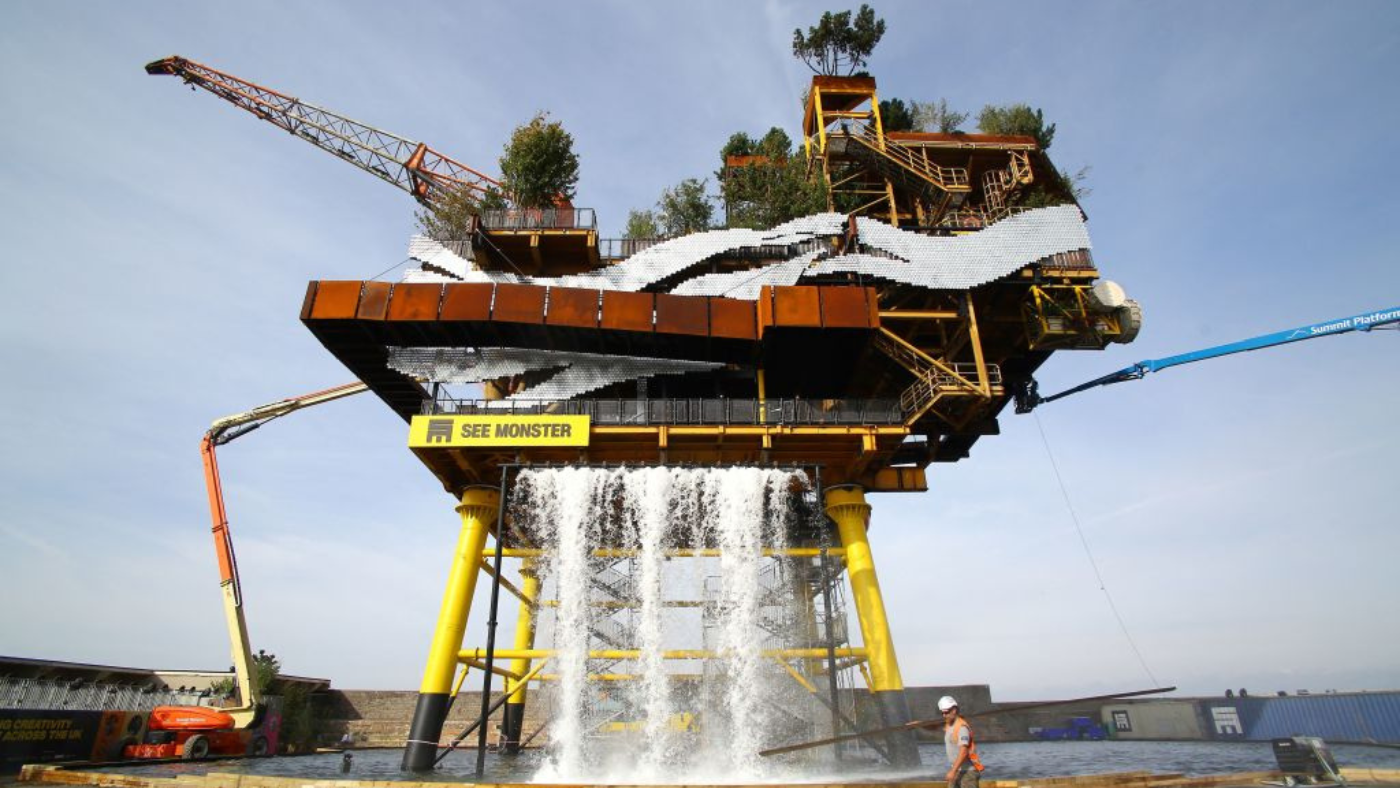
A free daily email with the biggest news stories of the day – and the best features from TheWeek.com
You are now subscribed
Your newsletter sign-up was successful
The UK’s public spending watchdog is to investigate the £120m “Festival of Brexit” amid concerns that visitor numbers were less than 1% of its projected target.
The National Audit Office (NAO) is looking into the financial management of the multimillion-pound arts festival after the chair of the Digital, Culture, Media and Sport (DCMS) select committee, Julian Knight, wrote to the watchdog, criticising the festival as an “excessive waste” of taxpayers’ money.
It follows a report by The House magazine that visitor numbers for the festival have so far been just 238,000 – nowhere near its “stretch target” of 66 million.
The Week
Escape your echo chamber. Get the facts behind the news, plus analysis from multiple perspectives.

Sign up for The Week's Free Newsletters
From our morning news briefing to a weekly Good News Newsletter, get the best of The Week delivered directly to your inbox.
From our morning news briefing to a weekly Good News Newsletter, get the best of The Week delivered directly to your inbox.
The head of the NAO, Gareth Davies, has confirmed that he intends to publish a “short, focused” report on the costs and benefits of the festival, as well as its management and planning, said the BBC.
‘Unadulterated shambles’
The festival – the brainchild of Theresa May’s government – was originally unveiled in 2018 as “Festival UK 2022” and was envisioned as a carnival of “British creativity and innovation, culture and heritage” inspired by the Great Exhibition of 1851 and the Festival of Britain in 1951.
But the event would become fixed in the public imagination as the “Festival of Brexit” after a campaign by Jacob Rees-Mogg for a nationwide celebration following the departure of the UK from the European Union.
In an attempt to “broaden its appeal” Martin Green, the former head of ceremonies for the London Olympics appointed to oversee the festival, attempted to “depoliticise its agenda”, renaming it “Unboxed: Creativity in the UK”, said The Times. Green sought assurances from ministers that the festival would not become a “jingoistic jamboree” and said it would not attract visitors if it was overtly political.
A free daily email with the biggest news stories of the day – and the best features from TheWeek.com
But as a result of attempts to “minimise” its association with Brexit, many of the artists, musicians and performers involved in creating work for the festival “had no idea that it was originally associated with Brexit”, said the paper.
In March, Unboxed was “slated” by the DCMS select committee, said The House. MPs described it as a “recipe for failure” and a “prime example” of a large-scale project with aims that are “vague and ripe for misinterpretation”.
Knight, the committee chair, added to the criticism last month, describing the festival as an “unadulterated shambles” and adding that it would take “optimism beyond belief for it to now reach its target for visitor numbers”.
But Unboxed told the BBC that the reported numbers “misrepresent the public engagement” with the festival and “reflect attendance at only eight of the 107 physical locations from within the programme”.
‘Ingenious’ cosmic exploration
Features of the festival programme, which centres around 10 commissioned projects dedicated to exploring science, technology, engineering and the arts, include the See Monster installation in Weston-super-Mare.
This is an artwork intended to “inspire global conversations” about the “repurposing of large industrial structures and design-led solutions to sustainable futures”, said Robin Aitken in The Telegraph. Instead, the work – based around a 35-metre-tall former oil rig – is an “incomplete ode to the summer of British creativity that wasn’t” said Aitken, branding “the marooned monster” a “flop”.
But it’s not been all bad, said The Guardian. One of the last scheduled events of the festival is one of its “more successful projects”. Our Place in Space is “a touring, scale model of the solar system that combines 5 miles of sculpture trails with an interactive augmented reality app”.
This “grand piece of public art” is a “very ingenious, and very simple, use of time and space to explain Space and Time”, said Tom Whipple in The Times. And notably, it has “mercifully little” to do with Brexit.
-
 Disney bets big on AI, but not everyone sees a winner
Disney bets big on AI, but not everyone sees a winnerTalking Points The company will allow users to create their own AI content on Disney+
-
 The UK's best food and drink festivals in 2025
The UK's best food and drink festivals in 2025The Week Recommends Enjoy delicious dishes at a culinary extravaganza near you
-
 Spotify Wrapped: a slave to the algorithm?
Spotify Wrapped: a slave to the algorithm?Talking Point Some listeners aren't convinced by the streaming platform's AI features – or what they say about their music habits
-
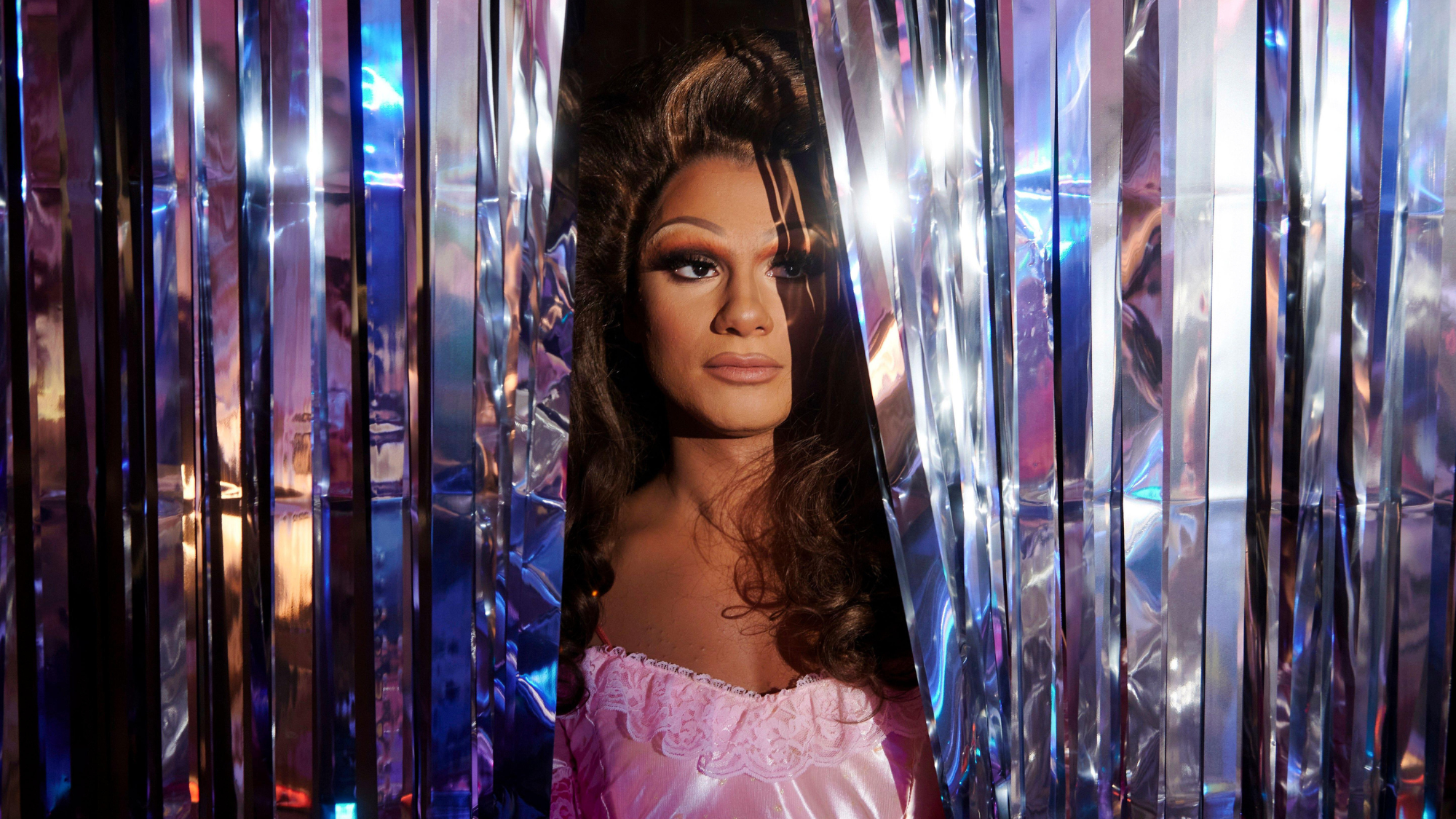 Layla: Amrou Al-Kadhi's queer love story splits critics
Layla: Amrou Al-Kadhi's queer love story splits criticsTalking Point Bilal Hasna gives a 'winning performance' in starring role – but the romance feels 'bland'
-
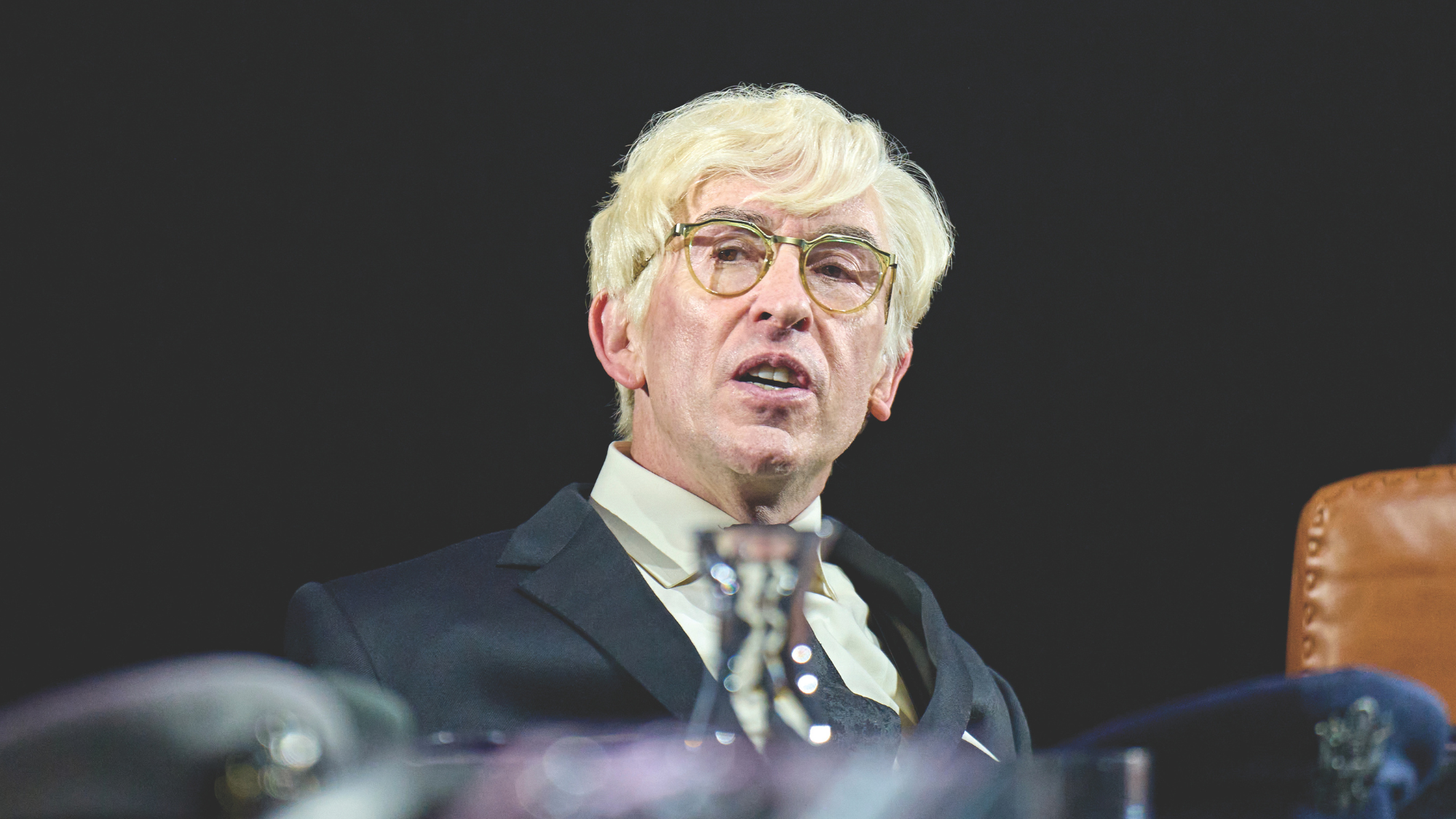 Dr. Strangelove: is stage adaptation of iconic film a 'foolish' move?
Dr. Strangelove: is stage adaptation of iconic film a 'foolish' move?Talking Point Steve Coogan puts on a dazzling performance in show that falls short of 'the real thing'
-
 Paddington in Peru disappoints critics
Paddington in Peru disappoints criticsTalking Point Keenly anticipated threequel sees the beloved bear swap London for South America
-
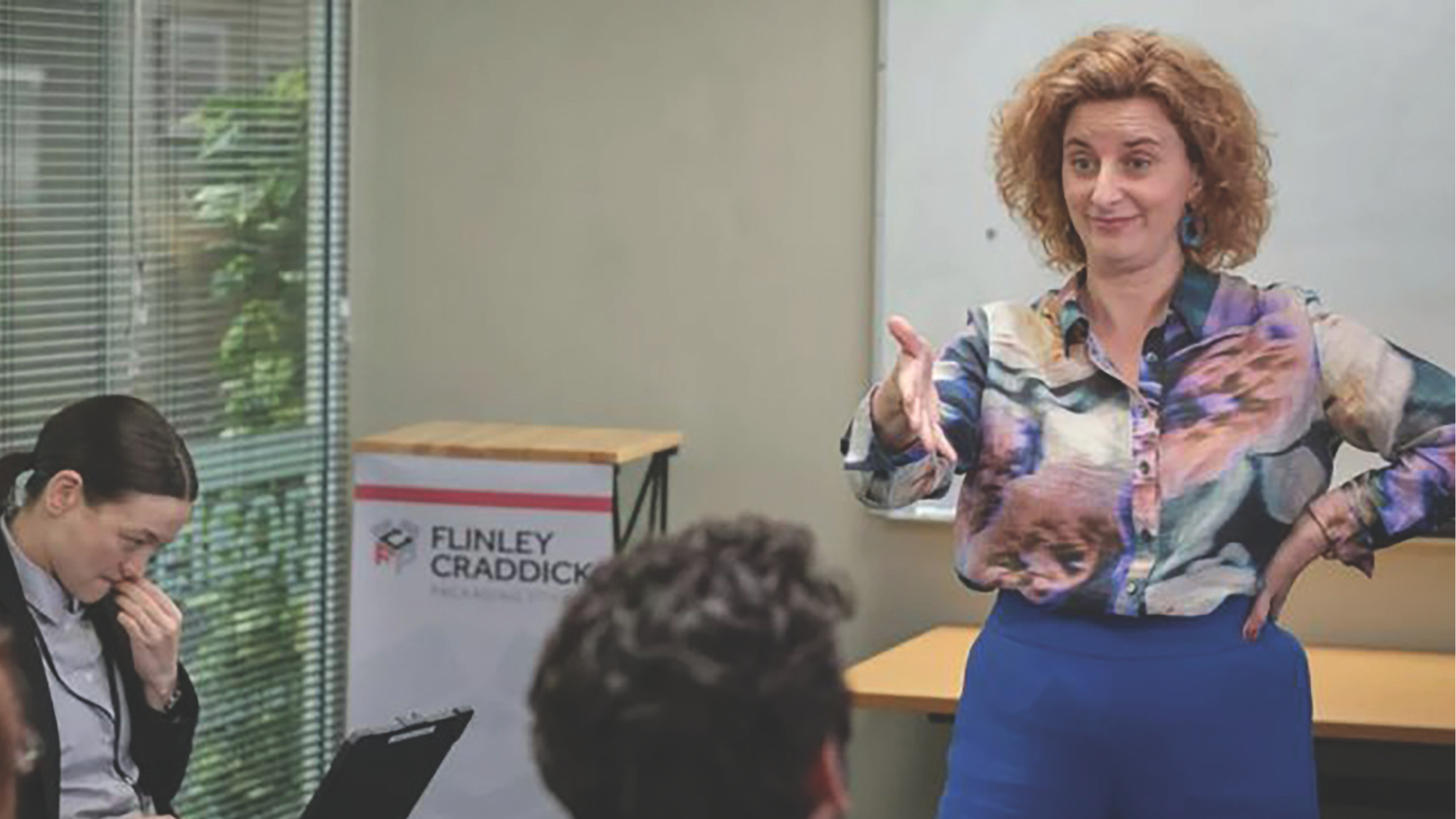 Is The Office Australia a reboot too far?
Is The Office Australia a reboot too far?Talking Point The latest version of Ricky Gervais and Stephen Merchant's mockumentary feels like 'a bad case of déjà vu'
-
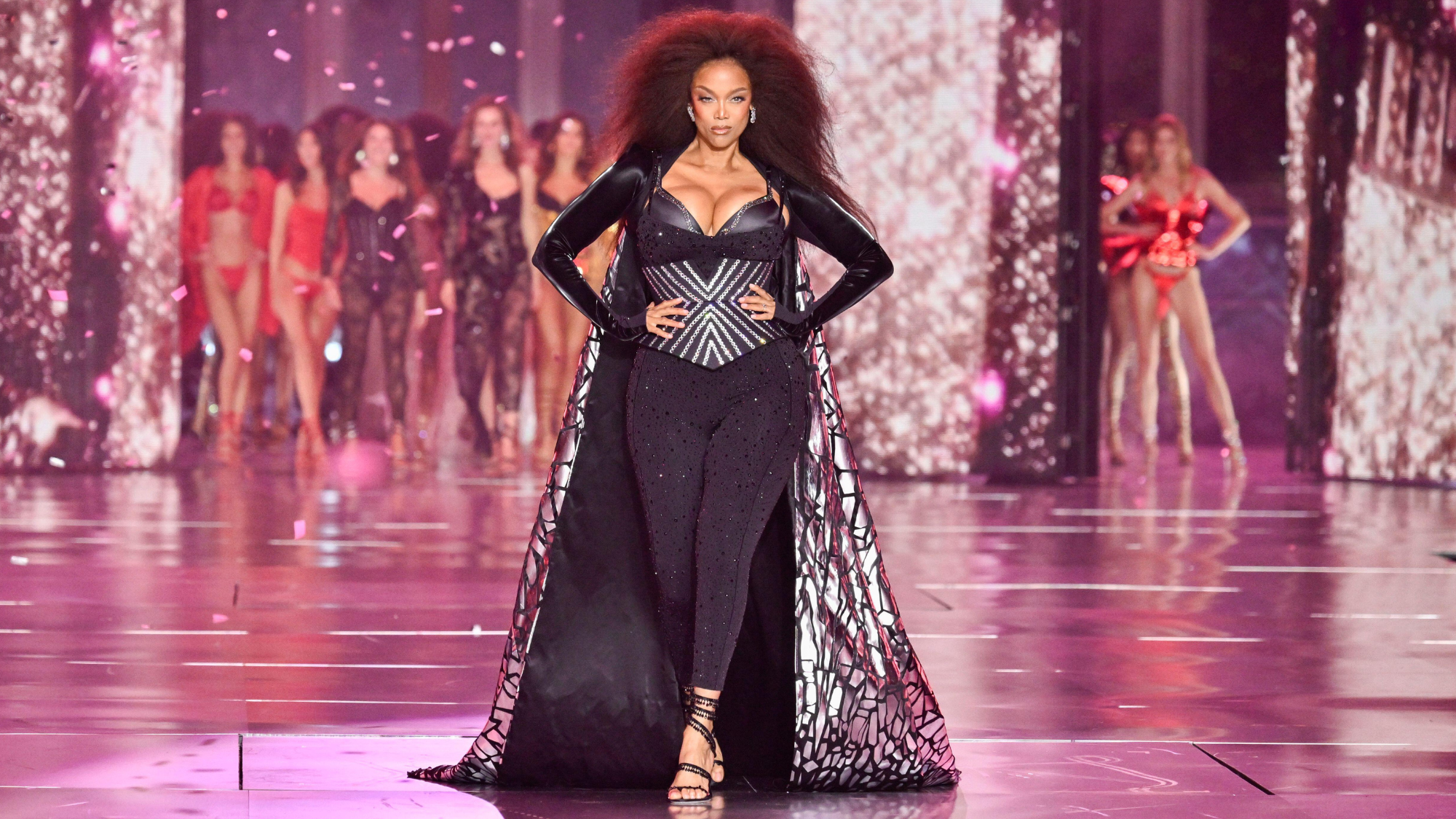 Can the revamped Victoria's Secret Fashion Show survive?
Can the revamped Victoria's Secret Fashion Show survive?Talking Point The controversial event has returned to New York City following a six-year hiatus


